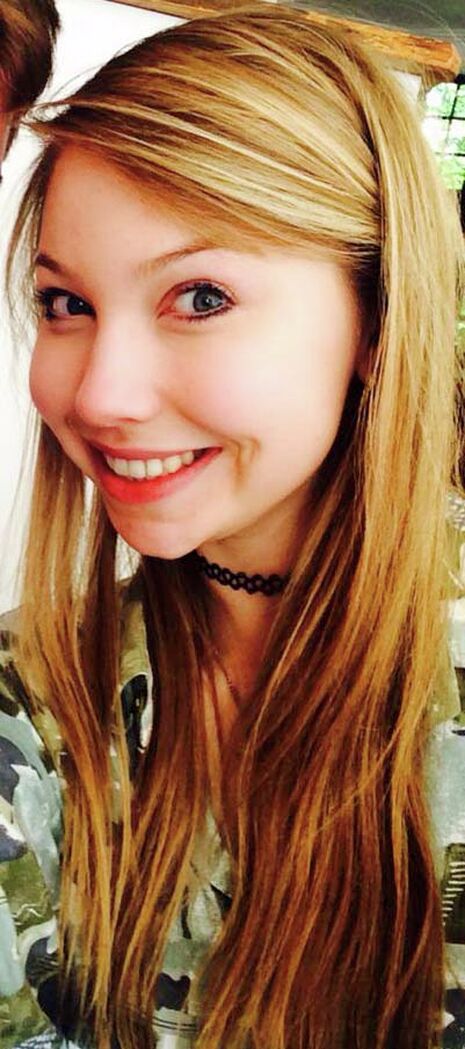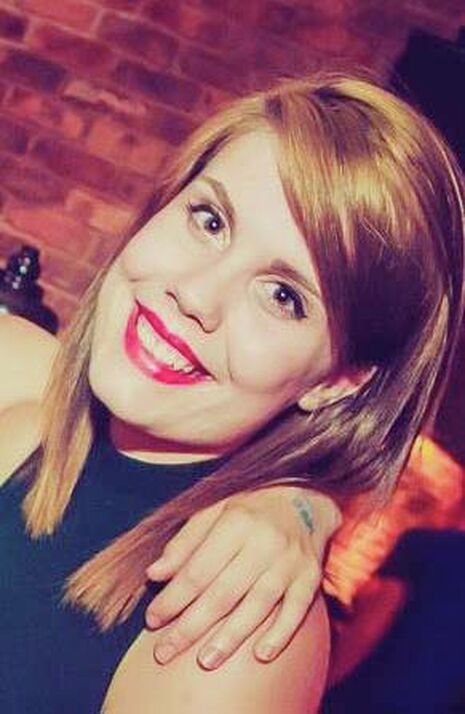What spoken word means to me
Varsity’s culture editors speak to Cambridge spoken word poets
Isla Cowan received four star reviews at this summer’s Edinburgh Fringe Festival for her solo spoken word show Learning to Live. She is a second-year English undergraduate at Corpus Christi.

"I first discovered spoken word through YouTube. I'm not quite sure how, but following suggested link after suggested link, I stumbled upon a video of Kate Tempest performing a poem of hers called ‘Balance’. After that I watched loads of videos of her in performance. It's strange to think I've seen more performance poetry online, through a screen, than witnessing a real performance. To me, spoken word poetry always seems that little bit more intimate [than written poetry]. You’re not separated from your audience by a page. That’s why, for me, it’s always been about expressing myself and working through personal stuff – whether that be considering my own past experiences, such as mental health issues, or venting about something that angers or excites me. I like that I can take things I feel or think and put them into rhythm and rhyme, making them tangible in performance. To be honest, I’ve not really involved myself with the spoken word scene in Cambridge. I feel like I should go along to events such as Speakeasy at the ADC but I feel quite intimidated – but that’s more a fault of mine than of those who are regulars to these sort of events. I did my own show in the Fringe which boosted my confidence and I would definitely think about performing in spoken word events in Cambridge: I suppose I was put off because a lot of what I have written in the last year has been about the novelty of Cambridge and adjusting to Cambridge life... which I’m not sure other people in Cambridge would be all that interested in! I think there should be more informal events for spoken word."
Charlotte Chorley is a recent Pembroke English graduate and is also this year’s CUSU Women’s Officer, alongisde being a spoken word performer.

"Spoken word is so much more than just the acoustics; it’s not just speaking. It’s a different way of communication, which relies on being hypersensitive to the semantics and the rhythms of language in order to create something beyond the aural. It’s about putting together a puzzle of language, using the sounds and reverberations of your mouth to say something more than the individual syllables. For me, when I perform, I imagine I’m painting a picture: the actual words themselves are the frame, but the sounds, and the way they link together – rhyming and refracting and reflecting – colour in between the lines. Spoken word is about the whole experience; it’s a performance and a creation and a story-telling and a key. It appears effortless, as words tumble out and meters are sprung as if it was just a conversation; but then the internal echoes and linking sounds that pull one sentence to the next tells everyone that this is crafted. This has been made by the hands and tongue of an individual, standing in front of you, laying their words bare. Spoken word isn’t just speaking. It’s listening to itself all the time. It’s a dialogue, even if there is only one person in the room. It’s rap, and it’s poetry, and it’s political, and it’s prose. It’s anything you want it to be."
 News / Colleges charge different rents for the same Castle Street accommodation2 March 2026
News / Colleges charge different rents for the same Castle Street accommodation2 March 2026 News / News in Brief: waterworks, wine woes, and workplace wins 1 March 2026
News / News in Brief: waterworks, wine woes, and workplace wins 1 March 2026 News / Climate activists protest for ‘ethical careers policy’1 March 2026
News / Climate activists protest for ‘ethical careers policy’1 March 2026 News / Angela Merkel among Cambridge honorary degree nominees27 February 2026
News / Angela Merkel among Cambridge honorary degree nominees27 February 2026 News / Private school teacher who lied about Cambridge degree barred from teaching27 February 2026
News / Private school teacher who lied about Cambridge degree barred from teaching27 February 2026








